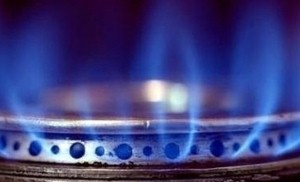Energy market 'needs to be more competitive'
Progressive thinktank Institute for Public Policy Research (IPPR) has this week made calls for a more competitive energy market in the UK after it published a report exposing the true cost of consumer energy.
IPPR senior research fellow and The True Cost of Energy editor Clare McNeil spoke of how a more competitive market needs to be put in place to challenge the dominant Big Six gas and electricity suppliers.
"It is certainly possible to have a more competitive market than the one we have currently," she said. "No small company has been able to challenge the domination of the Big Six energy companies since the market was opened up to competition over a decade ago.
"This suggests there are some serious problems at play."
According to the report, a major problem in the market is energy giants subsidising low cost entry-level price structures for new consumers by overcharging an existing and loyal customer base, and the expert made calls for regulator Ofgem to clamp down on the practice.
And with recent figures from uSwitch.com revealing that energy prices were growing five times faster than income, the average household expenditure has rocketed as a result of the stilted energy market.
Ann Robinson, director of consumer policy at uSwitch.com, said it was up to householders to ensure they were on the best possible price plan.
"Energy now accounts for a significant slice of household income," she said. "But going cold or without is a short-term and potentially harmful fix and not a long-term solution.
"The fact is that consumers can control how much they spend on energy by making their homes more energy efficient and paying less for the energy they do use by moving to a competitively priced energy plan."
And there are other measures householders can take to counter the inflating costs of heating and lighting their home.
Energy monitors, consumer units and plain old turning the lights off when you're not in the room all contribute to a lower bill at the end of each quarter.

